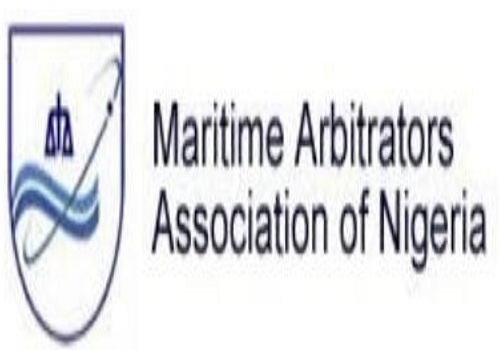The Maritime Arbitrators Association of Nigeria (MAAN) expressed its dissatisfaction with the Federal Government‘s plan to disburse ₦8,000 per household monthly to 12 million impoverished households.
MAAN said it’s incongruent with the economic challenges faced by the nation and regarded the motion as an insult to the Nigerian people.
According to the Vice President of the association, Ms. Jean Anishere Chiazor, the President has been provided with misguided counsel, as the suggested amount of money is incapable of providing sufficient sustenance for a child, let alone a whole family, for an entire month.
His words: ‘₦8,000 for 12million households; who identified the poor households; what yardsticks; who is a poor family; what are the requirements to qualify as a poor family entitled to N8,000.’
‘How much is ₦8,000 in Pounds or Dollars; What will N8,000 buy in a day for feeding. Start with Garri for the poor, one Olodo is ₦3,500, that cannot feed a family for a week if they eat Eba every other day. One Olodo of rice, equivalent to a paint bucket is ₦4,800 if not more because the price is always going up. So that comes to almost N8,000.’
Prof Uwaleke questioned, ‘What can ₦8,000 do for a family of 4 in a month?’
Responding to the FG’s palliative, President, Association of Capital Market Academics of Nigeria, ACMAN, Prof Uche Uwaleke, said: ‘This is rather a sub-optimal option. The government should look in the direction of non-cash palliatives.’
‘With the current galloping inflation rate (official figures are understated), what can N8,000 do for a family of four in a month? And this is meant for only 12 million families (about 48 million persons, that is, assuming they are adequately targeted and the National Social Register is clean and updated) in a country of over 200 million people.’
‘The President is equally seeking approval of 800 million US dollars soft loan from the World Bank as part of funds to cushion the impact of the fuel subsidy removal. If we add this N500 billion to the N600 billion (assuming I & E average rate of N750 applied to the World Bank’s facility), that should give N1.1 trillion.’
Read also: No Going Back On IPPIS, Federal Government Tells ASUU
‘Consistent with the principle of maximum social benefit in public expenditure, one way, in my view, to ensure this money reaches the grassroots is to divide it by 774 local government areas (LGA) in Nigeria, which translates to about N1.4 billion per local government, and transfer this sum to each Local government.’
According to Adonri, the Federal Government’s palliative measures are perceived as a ploy to appease party members.
David Adonri, Executive Vice Chairman, HIGHCAP Securities Limited, in his remark said: ‘N8,000 monthly as palliative to 12 million out of 130 million very poor Nigerians is immaterial. The policy is economically unwise and I suspect it’s a ploy to settle party members at the grassroot.’
‘FGN is in financial deficit and needs money desperately to exit its debt trap. This cash transfer is a sign of financial irresponsibility and lack of seriousness.’
‘No data base to identify beneficiaries,’ says Anchor Insurance Boss.
In response to the development, Mr. Adebisi Ikuomola, the Deputy Managing Director, Technical of Anchor Insurance Plc, raised a question regarding the government’s distribution plans for the money. He expressed curiosity about the government’s intended method of distributing the funds.
He said: ‘How will this money get to the poor Nigerians? Which data is used in fishing out these poor Nigerians?’
‘To be honest, the real poor Nigerians do not have bank accounts. That takes us back to the first question. Is this a way of adding funds to the elites? I strongly believe in investing that money in human and infrastructural development. I think that will make sure that the poor benefit from it.’
‘What database do we have of the poor? Who are the poor families identified? What can N8,000 do in battle against hardship presently experienced?’
With the economy in a dire state of decline, this recent development has prompted the population to question the sufficiency of such a small amount of money to provide for a household.
